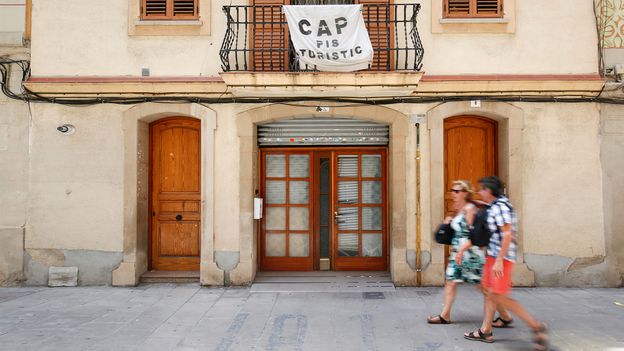On 21 June, Barcelona mayor Jaume Collboni announced plans to ban short term rentals in the city starting in November 2028. The decision is designed to solve what Collboni described as “Barcelona’s biggest problem” – the housing crisis that has seen residents and workers priced out of the market – by returning the 10,000 apartments currently listed as short-term rentals on Airbnb and other platforms into the housing market.
Barcelona is not the only city to be strongly regulating – or even banning – short-term rentals outright. It has been illegal since September 2023 to rent out an apartment as a short-term let in New York City unless you are registered with the city and you are present in the apartment when someone is staying – a change also made to assuage the city’s housing crisis. Berlin banned Airbnbs and short-term rentals back in 2014, bringing them back under tight restrictions in 2018; and in many of California’s coastal cities, including Santa Monica, short-term rentals are either banned or highly restricted.
In British Columbia, Canada, Premier David Eby put the issue succinctly as he clarified new short-term rental rules: “If you’re flipping homes, if you’re buying places to do short-term rental, if you’re buying a home to leave it vacant, we have consistently, publicly, repeatedly sent the message: Do not compete with families and individuals that are looking for a place to live with your investment dollars.”



AirBnB was founded in 2007.
So almost everyone who is an adult knows what things were like before AirBnB.
Personally, despite having taken advantage of them (others have paid), I would like to go back to how things used to be.
For one thing, making sure I clean up is not what I should be worrying about when traveling.